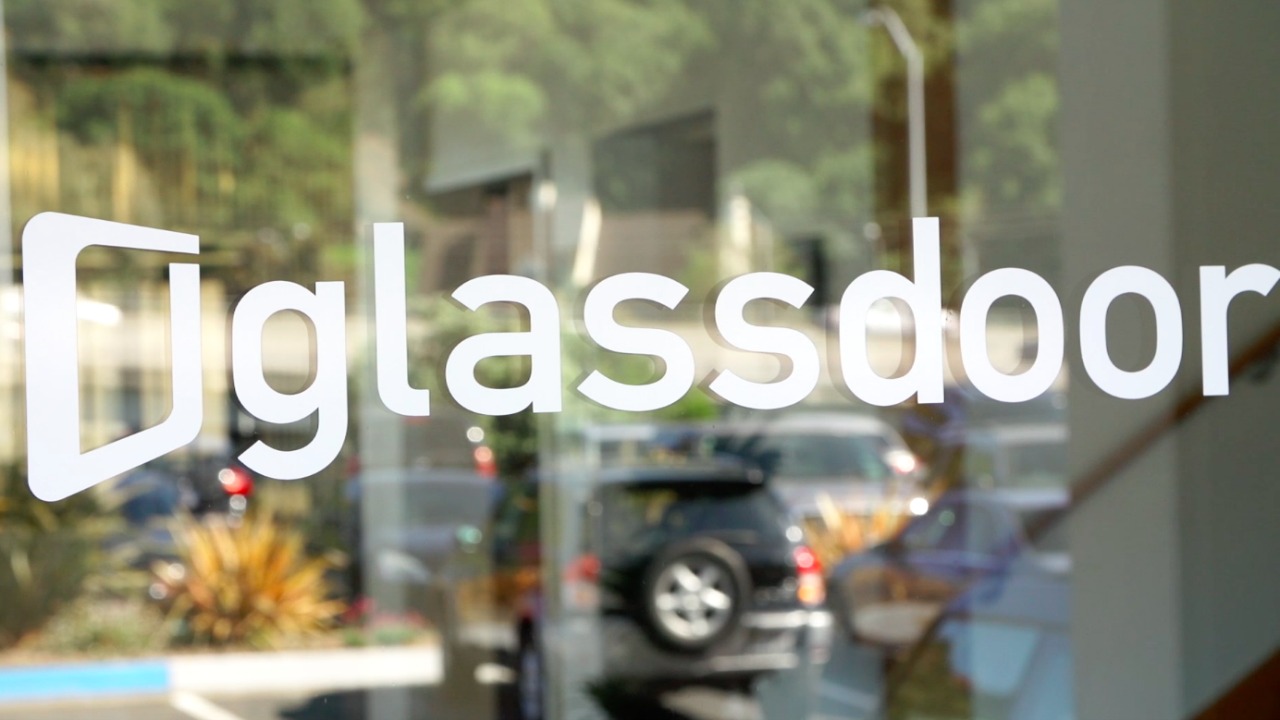Glassdoor Gets Fresh $40 Million
by Ingrid Lunden (@ingridlunden) Friday, June 3, 2016

As the job market becomes more competitive in some industries and unemployment holds steady and even drops in certain regions, job site Glassdoor is reaping some of the rewards.
The company — which helps people look for jobs and research companies that interest them based on feedback from others — has raised another $40 million in funding, a Series H round that values the company at around $1 billion and co-founder and CEO Robert Hohman describes as “opportunistic.”
By that, he means that Glassdoor was not looking for funding at the moment. There is still money in the bank from the $200 million it’s raised to date; and Glassdoor, he said, is making more in revenues than certain public companies (no names, and no specifics on numbers nor whether Glassdoor is profitable).
Rather, he said it was a chance to get to get a new investor on board that Hohman already liked: Henry Ellenbogen and T. Rowe Price, which led the round with participation also from previous investors Battery Ventures, Google Capital, Sutter Hill Ventures and Tiger Global. The round, he said, is a “slight up-round” compared to its previous fundraise, which was $70 million in January 2015.
There is a veritable flood of job sites on the internet right now, with some of the biggest including LinkedIn, Recruit Holdings (owner of Indeed.com) and Monster.com. And there is also some consolidation happening at the moment. Witness the news earlier this week that Simply Hired is getting shut down and reportedly acquired.
(The latest scuttlebutt on that, by the way, is that the buyer is Recruit, although a spokesperson for the company has responded to my questions only with a non-committal statement: “Based on our disclosure policy, we’re afraid to say that we’re unable to comment on the specific deal’s existence, possibility, or progress.”)
What makes Glassdoor different is that it’s not only an aggregator of job openings — like many of the rest — but it’s also a user-generated content site of sorts, providing profiles of businesses based on feedback from current and former employees.
As such, it becomes a repository for researching companies as much as a place to look for work. “You use LinkedIn to research people, not companies,” Hohman said in contrast.
Attempting to achieve more transparency for the job-hunting and recruitment industry is essentially what the “glass” in its name references. Hohman, who founded the company with Zillow co-founder Rich Barton and a former colleague of his from Expedia, Tim Besse, describes the job-finding market as asymmetrical and thus ripe for tackling: it was about time that people were able to know more first-hand about the places where they were looking to work, rather than letting recruitment companies or the companies themselves hold all the cards.
More transparency, of another sort, is also the basis of Glassdoor’s business model: the company has profiles of some 500,000 businesses in its database, and it makes money when those companies pay to have better access to update and tweak their profiles. Amazingly, only 4,000 companies globally are doing this right now, pointing to a lot more opportunity for Glassdoor to grow just on its existing business model.
This is part of the reason for T. Rowe Price’s interest.
“We believe that Glassdoor is fundamentally changing the way job seekers search for jobs and companies recruit talent. Their unique user-generated data includes millions of reviews, which increases transparency in recruiting. Our view is that Glassdoor is executing well, and it can be a much larger company over time,” Ellenbogen said in a statement.
Ellenbogen, who leads T. Rowe Price’s New Horizons fund, has been described as one of the most powerful people in Silicon Valley, for taking the lead on mutual funds investing in startups (a trend that has now seen billions poured into a range of ‘unicorns’).
He’s also quietly been a “great advisor” to Glassdoor, Hohman said, and so when the offer came to invest, it made sense for now and for the long term, for example for whenever Glassdoor decides to go for an IPO. “When I think once we are a public company who we’d want to be there among our investors, I think of T. Rowe,” Hohman said.
As for where the investment will go, Hohman said that the company will use it to continue to grow out its content areas and to invest in the machine learning tech that not only helps it detect bogus postings trying to “game” the system but also make better matches between candidates and jobs, which he says already sees better success rates than other job sites. The company also wants to develop new content areas for the site, although he declined to elaborate on what these might be.
There is also a lot of international expansion to come. Glassdoor today has localized websites and mobile apps in 11 markets outside of the U.S., and while it looks to grow that number, it is, fittingly, now hiring.
Source: TechCrunch
(23)



